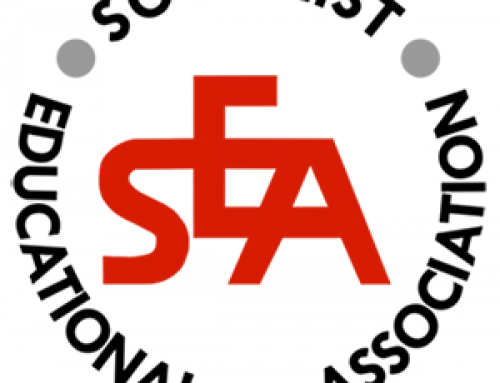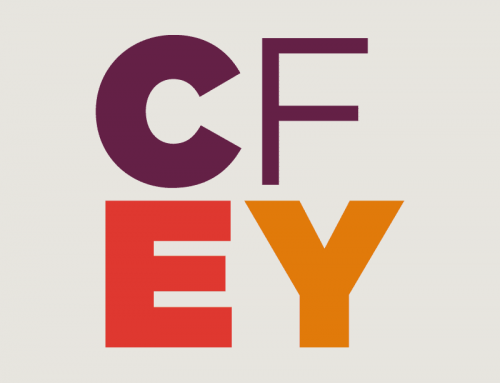This post is by John Holford, Robert Peers Professor of Adult Education at Nottingham University, and joint secretary to the Centenary Commission on Adult Education, which reported in 2019.
Comprehensive Future is hosting a webinar on September 19th at 11.30am, ‘What Would a Socially Just Education System Look Like?’ In the lead up to the event we have asked several organisations to discuss what a socially just education system means to them, read the full series of posts here.
What would a socially just adult education system look like?
An authoritarian tide sweeps the world; inequality reaches levels unseen for a century. Britain pays the price of populism. Sensible plans are unrealistic; madcap schemes make sense. Mantras become panaceas: “what works” (when nothing works); “evidence based policy” (when evidence is cherry-picked); “be realistic” (when reality is climate catastrophe, wars, mass migration, and pandemic).
It’s time to think the unthinkable, to work out how the impossible can become possible. That calls for intelligent, creative and informed thought. It calls for calm reflection and discussion. It calls for listening to others, from all sections of the community – however crazy we may think their ideas – thoughtfully and respectfully. It also means searching for the truth, opening our ideas as well as others’ to critical examination.
That is what adult education should enable us to do.
Early in the last century – while the First World War was raging – an important government committee explained this. Adult education, it said, is ‘a permanent national necessity, an inseparable aspect of citizenship’.It must be ‘universal and lifelong’. It should be open to all: ‘spread uniformly and systematically over the whole community’.
What’s more, it said, adult education shouldn’t be propaganda. Controversial subjects must be studied – not in a ‘one-sided’ way but ‘in an atmosphere of mutual criticism’ (p. 81). This means giving ‘considerable freedom’ to educational bodies. A voluntary sector, ‘in which a social spirit and co-operation in the search of truth can flourish’ (p. 113), is crucial.
They spotted that adults often study because they’re involved in a ‘movement or organisation’ which awakens their ‘curiosity and sympathies’ (p. 60). This means the state should be liberal in providing public funds even to ‘sectarian’ bodies with ‘a particular “atmosphere”’ or which appeal to particular kinds of students. The ‘only sound principle’ is to support ‘all serious educational work’, including organisations that recruit predominantly students with ‘a particular religious or political philosophy.’ (p. 119)
The Ministry of Reconstruction committee said this – and a lot more, equally sensible – a hundred years ago. It’s hard to fault its thinking, and a couple of years ago a commission came to much the same conclusion.
Is it an unthinkable prescription? Is it unrealistic? Governments for the last thirty-odd years have said so. They say the main aim of education should be getting people into jobs, or helping them become more productive workers. Adult education to support democracy, or citizenship – let alone to help people have more fulfilling lives – comes pretty low on their priorities.
But sometimes we have to pinch ourselves. This overwhelming education-for-jobs emphasis only came along a generation ago. Before that, for the best part of eighty years, British adult education policy was much more balanced: skills for jobs, but also education for life and community.
We must imagine again this ‘unimaginable’ approach to adult education. It’s ‘unrealistic’ only if we think the way things are today, and the way they’ve been for the last few decades, is the only way things can be. That’s not only absurd: it’s the route to collective suicide. ‘The way things are’ is giving us climate crisis, wars, mass forced displacement of communities, poverty, widespread starvation.
We have to build a new future together with our fellow-citizens. That requires an educated democracy, where serious study and discussion of the problems we all face is common. It means widespread, and well-supported, adult education available to all. It means giving money to all kinds of voluntary bodies, so ‘ordinary people’ can tell us what they want to study, and how.
Unthinkable? Perhaps. But common-sense
John Holford
The Centenary Commission on Adult Education report can be read HERE
View the original reports
1919 Committee Interim Reports
#
Book your ticket to the ‘What Would a Socially Just Education System Look Like?’ webinar HERE.
Comprehensive Future needs your financial support, please consider donating to help us continue our campaign. DONATE NOW.


